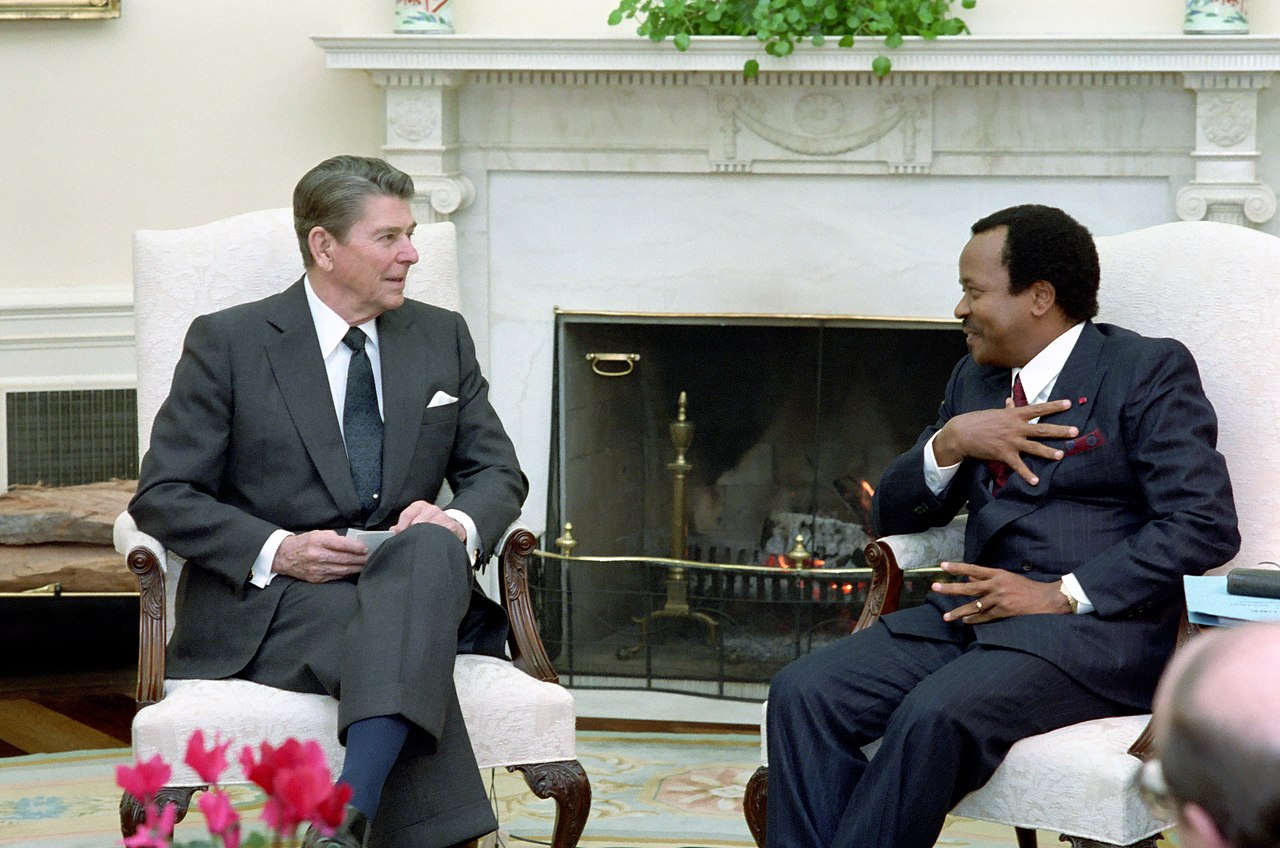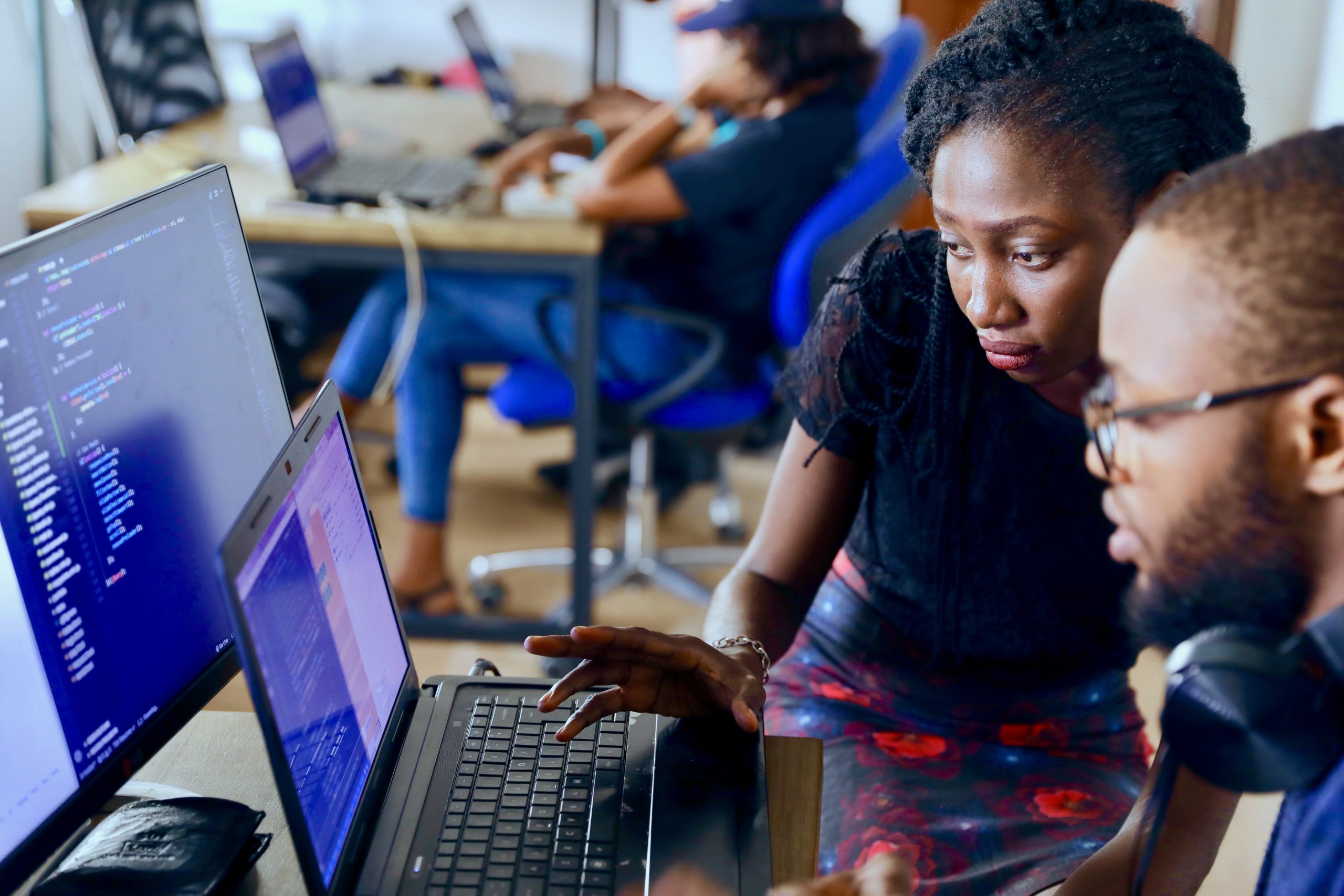With President Paul Biya maintaining a strong grip on power, Cameroon’s political landscape has seen only limited change. Political patronage, flawed elections and suppressed democratic freedoms persist. Separatist attacks further destabilize the country.
With increased oil revenues and international aid, Cameroon managed to emerge from the COVID-19 crisis with stable macroeconomic indicators. However, transformation processes are hindered by debt, excessive state intervention and high levels of corruption. The economy excludes most citizens, leaving them largely confined to the informal sector.
Structural constraints are exacerbated by poor decision-making – primarily driven by the desire among government actors for political survival. Government priorities are mixed. Resource allocation is ineffective. This is particularly evident in the proliferation of government ministries and administrative bodies that hinder coordination. The government has been unwilling to address the root causes of the Anglophone crisis or engage in sincere negotiations with affected parties.

